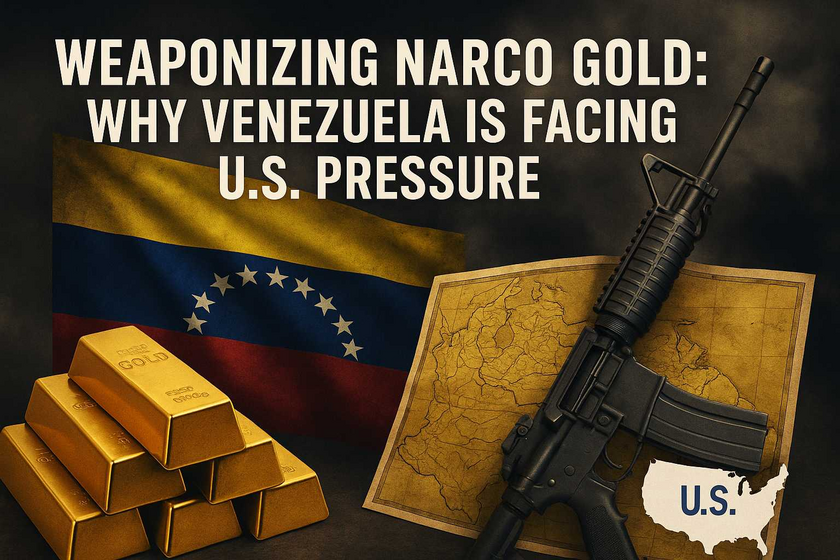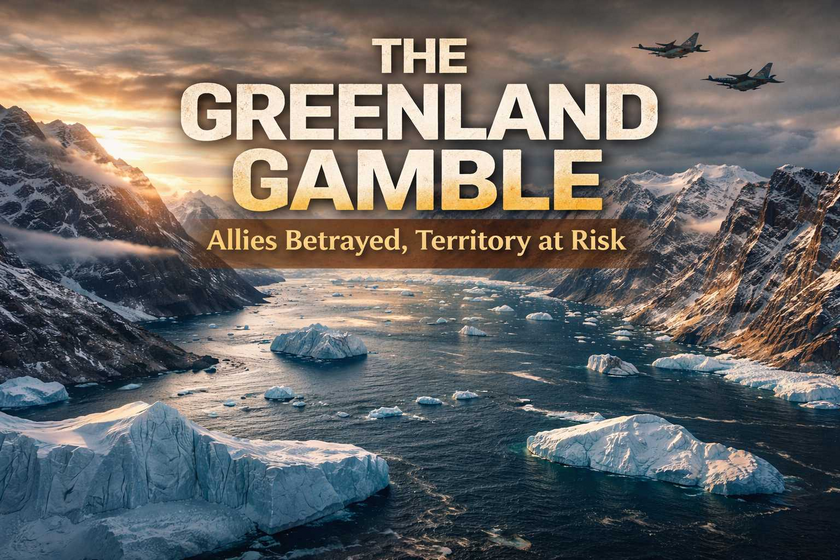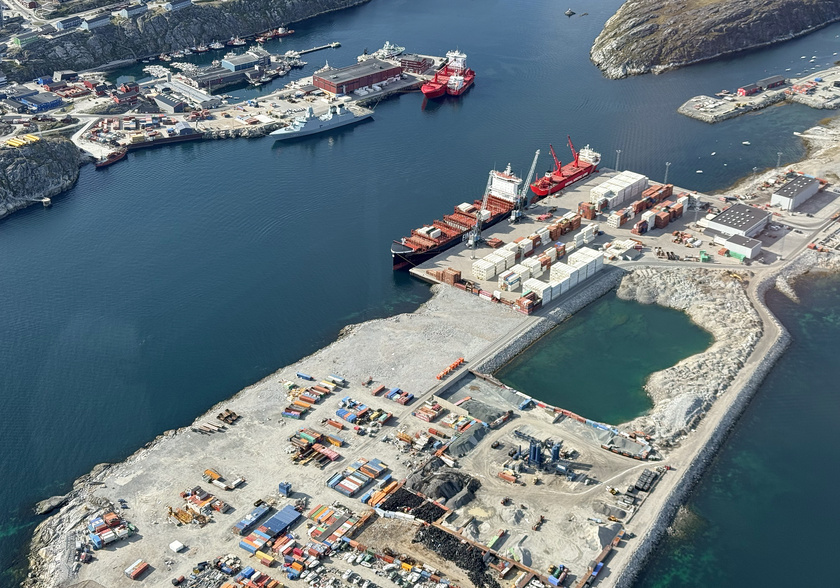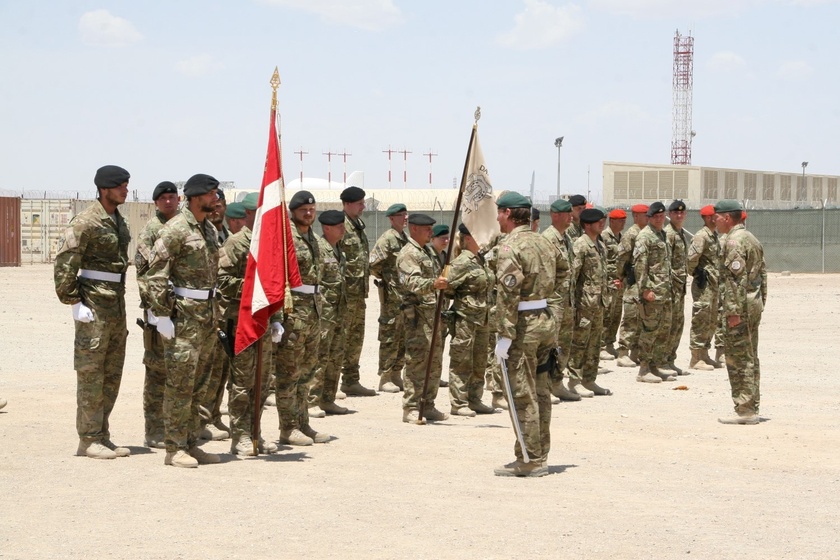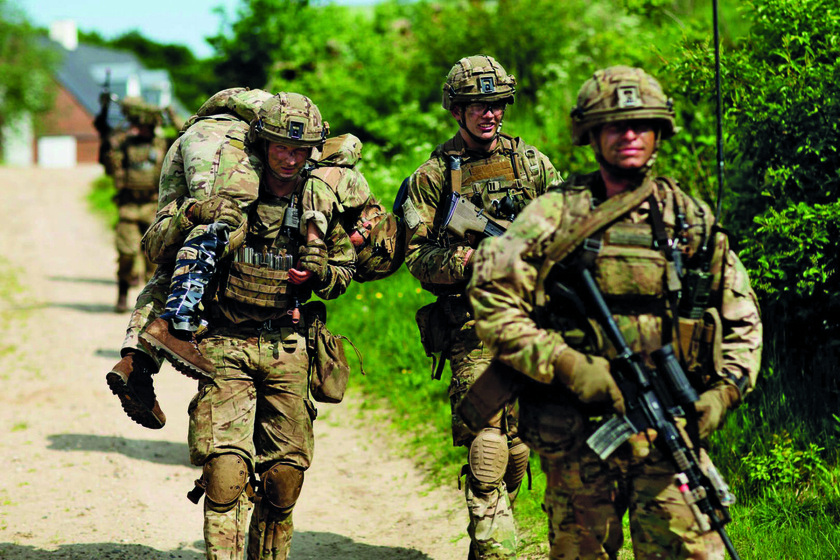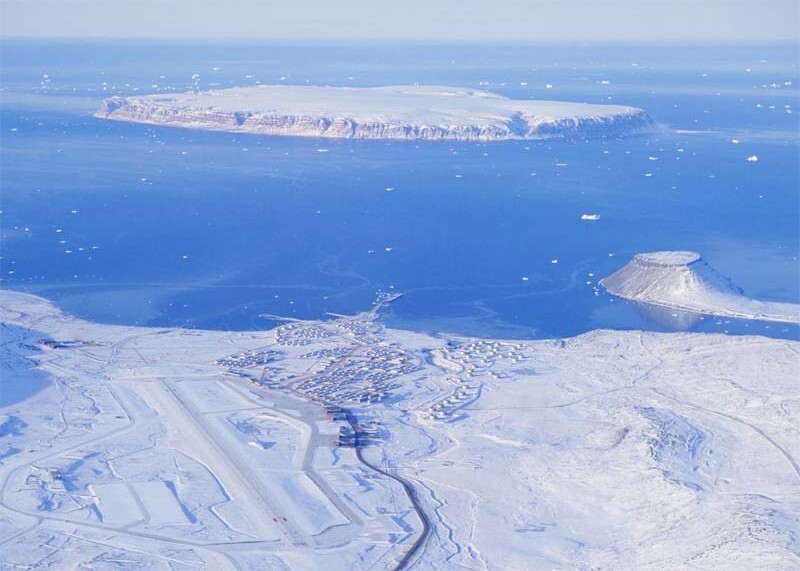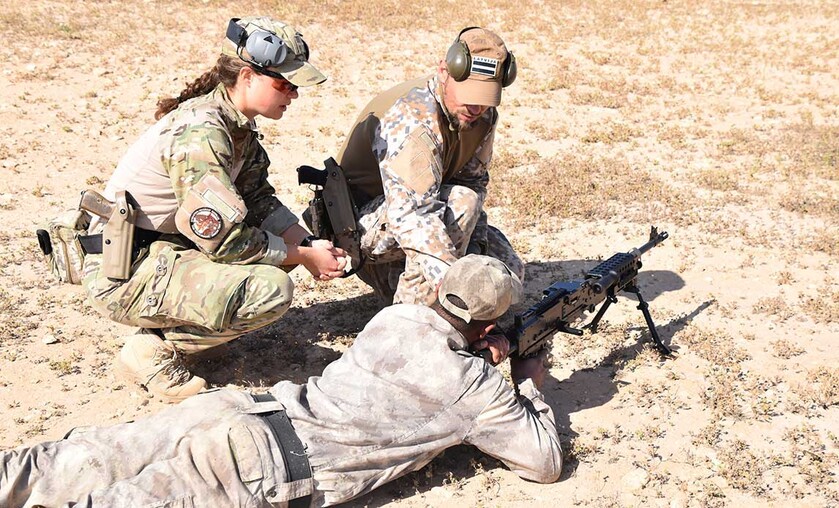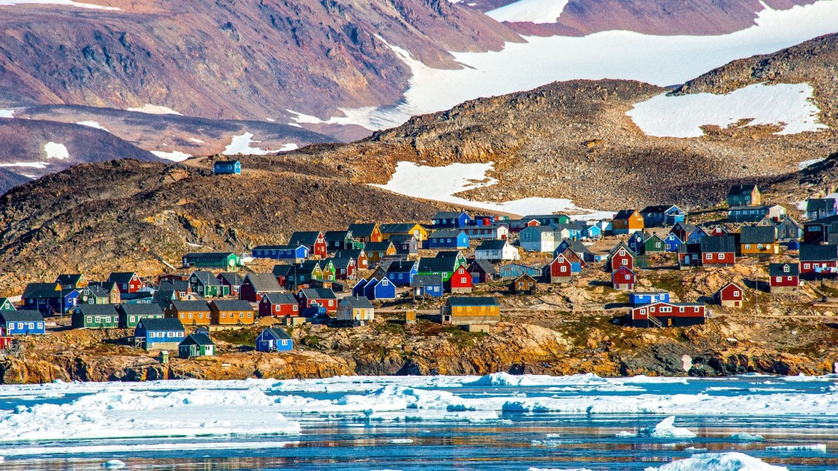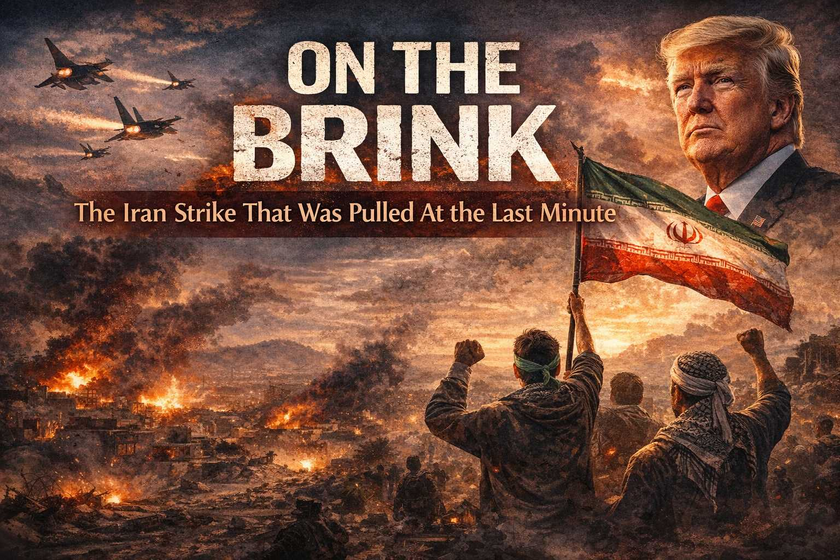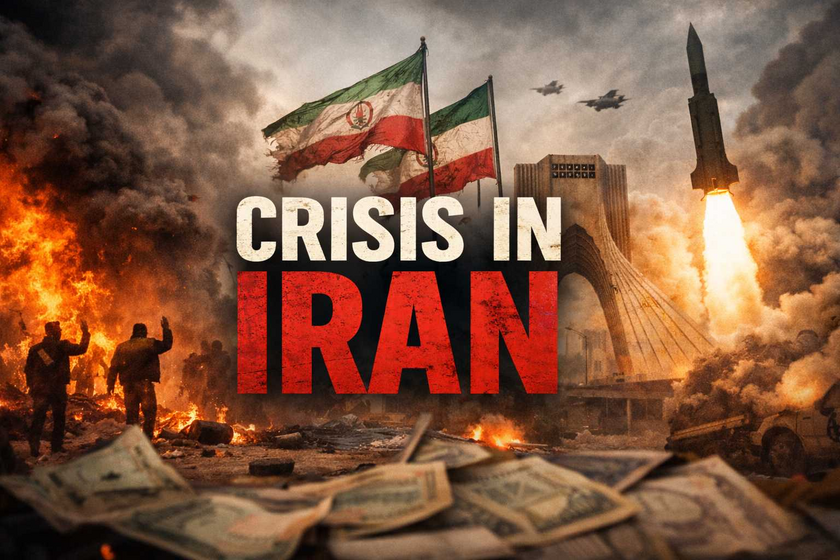Today I want to bring your attention to a brewing crisis that could soon erupt in the Western Hemisphere: Venezuela. And it goes way beyond socialism or oil. We're talking about narco-terrorism, gold cartels, foreign militias, and even the possibility of U.S. boots on the ground.
From Prosperity to Predation
Venezuela, once one of the richest countries in Latin America, has become a failed state under Hugo Chavez and now the illegitimate strongman, Nicolas Maduro. The economy collapsed. Kidnapping became a growth industry. And over 8 million Venezuelans have fled, many of them ending up in the United States under lax border enforcement during the Biden administration.
I have a lot of friends who are Venezuelan, and I admire them. But here's the truth: the culture of dependency and normalized criminality that permeates Venezuela doesn't just disappear when people cross the border. That reality has consequences.
The Cartel de los Soles
The real threat isn’t just failed socialism. It’s that Venezuela has become a full-fledged narco-state. Maduro and his cronies are at the center of a shadowy network known as the Cartel de los Soles — made up of military and government elites trafficking cocaine and laundering gold.
Yes, gold. These guys make more money from illegal gold mining than drugs. I’ve been on the ground in Colombia and seen the devastation firsthand: mercury poisoning rivers, miners risking their lives, and terrorist groups taxing every shovel-full.
Why the U.S. Cares
The Trump administration recently escalated things by placing a $50 million bounty on Maduro’s head. That’s not just about ideology. It’s because Maduro is engaged in asymmetric warfare against the U.S. — using drugs, gold, and foreign allies like Russia, China, and Hezbollah to undermine American society.
4,000 U.S. Marines are now headed to the Caribbean coast of Venezuela. Navy ships and Coast Guard cutters are in motion. And the Pentagon has been green-lit to take kinetic action against the cartels.
Sound familiar? It should. I was there when we parachuted into Panama in 1989 to remove Manuel Noriega. Maduro could be next.
The Guyana Flashpoint
As if that's not enough, Venezuela is now saber-rattling over oil-rich territory in neighboring Guyana. Maduro claims half of Guyana belongs to Venezuela. Why? Because Guyana struck it rich with light, sweet crude — far more valuable than Venezuela’s dirty, hard-to-extract reserves.
There are rumors flying of a U.S. military buildup in Guyana. And while some of that is exaggerated, it’s true that we’re training with Guyanese forces and flying combat patrols. The U.S. isn't just defending Guyana’s sovereignty; we’re protecting our own strategic interests.
Mercenaries, Militia, and Madness
Maduro says he’ll mobilize 4.5 million factory workers and farmers into militias. That’s a joke. He doesn’t even trust his own military. That’s why he surrounds himself with Cuban and Russian mercenaries. But money talks — and with $50 million on the line, don't be surprised if some of his protectors turn into bounty hunters.
I've seen this up close. I once got roped into a secret meeting with Venezuelan defectors planning to overthrow Maduro. I backed away, reported it to the embassy, and sure enough, some of those same guys later launched a failed coup. Two American Green Berets were caught and are still rotting in Venezuelan prison.
A Real Risk to the U.S.
This isn’t just a Latin American problem. With Hezbollah operatives smuggled into the U.S. via Venezuela, suicide drones manufactured there with Iranian help, and widespread corruption, this is a clear and present danger to America.
Could this escalate into war? Possibly. But what’s more likely is covert operations, private military action, and targeted strikes. Still, if Venezuela hits back — say, with suicide drones on U.S. soil — all bets are off.
Final Thought
Venezuela is a failed state led by a criminal cartel that masquerades as a government. And while Americans are busy arguing over pronouns and plastic straws, our enemies are plotting how to destroy us from within.
We better wake up.
Comment below your thoughts about this. If you missed the live, you can watch it HERE

